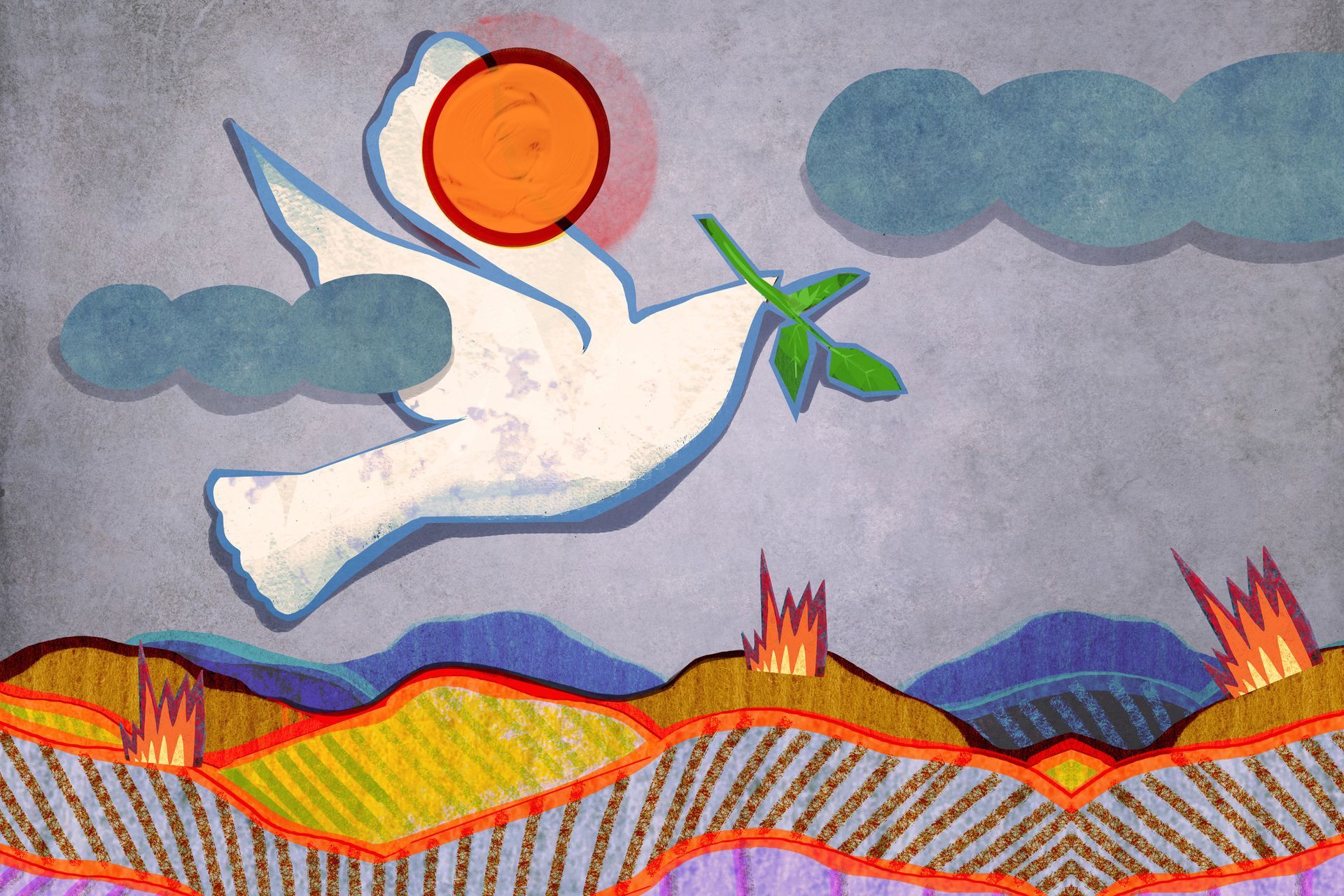NO TURNING BACK! : A Deadly Act

The hatred of Jesus by the Pharisees and the religious authorities had been building up for some time, almost from the beginning of His ministry (John 5.18). Now they were actively seeking to arrest Him, but that wasn’t easy because they were afraid of doing it in public (Luke 20.19)
They were looking for a convenient time and way (Matthew 26.7). It was provided by Judas, one of the disciples, who offered to betray Jesus to them (Matthew 26.14-16). He guided a crowd of armed men (Mark 14.43), at night, to the Garden of Gethsemane where they could arrest Jesus without anyone, other than the disciples, knowing. This act of betrayal by Judas was a deadly act, for there was no doubt where it would lead once Jesus was in the hands of the Jewish authorities. Perhaps Judas thought it would not result in the death of Jesus for, when he heard that Jesus had been condemned, he tried to return the money he had been paid (Matthew 27.3-4). But, like all betrayals, once it is done, there is no turning back
That wasn’t the only deadly act. The religious leaders in the Sanhedrin quickly condemned Jesus of the crime of blasphemy (Matthew 26.63b-66) which, in their eyes, warranted the death penalty. For them there was no turning back. To get a death sentence carried out, they had to get it approved by the Roman authorities, so they conveniently changed the accusation from blasphemy to sedition and subversion (Luke 23.2). Though Pilate initially dismissed these charges (Luke 23.4), when he was faced with a potential riot and disturbance of the peace as the crowd, stirred up by the chief priests (Mark 15.11 [NIV]), demanded the release of Barabbas and that Jesus be crucified (Mark 15.11-14), he gave in to their demands (Mark 15.15). It was another deadly act from which there could be no turning back - and Jesus was taken away to be crucified.
It is interesting that the accusations made against Jesus, unjustly and of which He was totally innocent, are the ones of which the Bible accuses us. We are guilty of blasphemy when we deny God and put our own ‘idols’ in His place. We are guilty of subversion and sedition when we ignore God’s rules and live our own way. We are guilty of ‘disturbing the peace’ when we contribute to divisions between parent and child, neighbour and neighbour, group and group, nation and nation.
But, for us, it need not be a case of ‘no turning back’ if we turn to follow the example and teachings of Jesus who, as He was being crucified, prayed, ‘Father forgive them’ (Luke 23.34).










